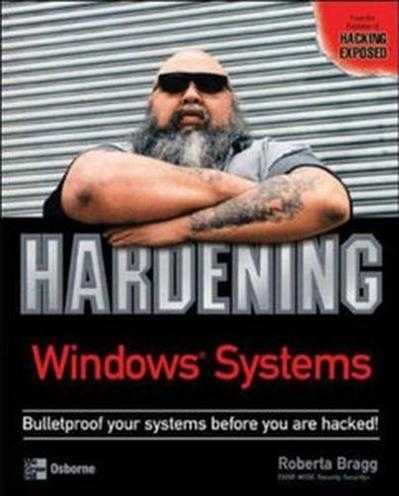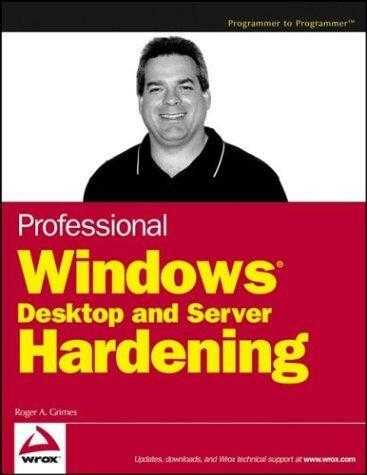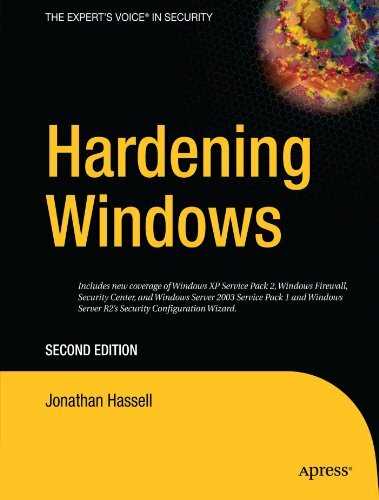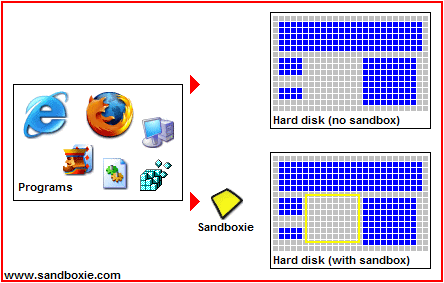My choice as an old time Usenet hacker (white hat, software hacker, etc.)...
Windows XP:
1st drive or partition: install Windows and all needed stuff (you won't be able to touch it after, only the real administrator can do that) Security software is less needed.
Remember OpenDNS!
2nd drive or partition: put my documents and a 2nd program files folder in it, portable applications and all files that you want to keep, like music, pictures, etc. (tell everyone that they have to save and install their stuff there because they lose all they have done if not done) > an installation is simple, you change the C for a D (the 2nd drive), C:/Program Files/.
Also link My Documents folder to the one in the 2nd drive.
Now put Windows steady state at all settings, it will reset the computer as you installed it for the 1st drive only at each restart.
For Linux: Also note that the Linux idea is not all-wrong, it's also bulletproof! Ubuntu (Big up for Edubuntu - Ubuntu project for education for not very rich nations) is simple but she use her computer so little but SliTaz 2 a little modded (with help or by learning - it's worth it!) should be more than enough 30 Mo only for a Linux desktop that will be faster than any Windows version but you have a downside and OpenDNS work with it also.
The real deal: the family is ready if it has a real value: money, learning, help good projects, being part of a real team that really work for them or keep up with Microsoft that don't understand the need of peoples that slave them blocking their reals thoughts, that make a product that sometime miss more than win ... For me, it's why I gave Linux a chance. It's not perfect, but I have found some parts that I can live without now, mostly human, though.
My Linux passion came from people that work for the freedom of the knowledge like Didier Roche, a writer and secretary from the French Ubuntu team and the knopmyth developer so I wish luck to both of you, if you read me ... That's the real Linux life, even Linux stars are just like normal people and they will help you, like they have been helped by someone before. I want to be a part of this chain, that's all! The true beauty of the world is sharing!





35Encase it in lead ;) – DisgruntledGoat – 2009-07-29T10:56:43.793
23I was thinking Kevlar! – Pauk – 2009-07-30T15:00:27.523
36Unplug the Internet connection. – Scott – 2009-07-30T15:23:42.357
2Power it with Kryptonite! – Moab – 2010-06-28T03:27:09.603
2Throw it out the window! – studiohack – 2010-09-29T13:32:42.420
7Switch to Ubuntu – Aki – 2010-11-04T14:26:43.527
A mother's computer is likely not going to get anything on it.. Just their standard websites. Many of them hardly surf the web. Or do so very conservatively. – barlop – 2010-11-16T22:02:31.137
not really, discussion over there doesn't expand into software, mostly about configuring windows for safety – Jake McGraw – 2009-08-13T15:30:26.557
Woah, did my question just get merged? – Jake McGraw – 2009-08-13T15:50:47.133
31Unplug the power cable. – zildjohn01 – 2009-08-19T02:34:53.200
Like Aki said, get her off the vulnerable OS. Ubuntu will let her use Open Office, Firefox, and a myriad of media players. – dotancohen – 2013-05-27T15:09:41.867